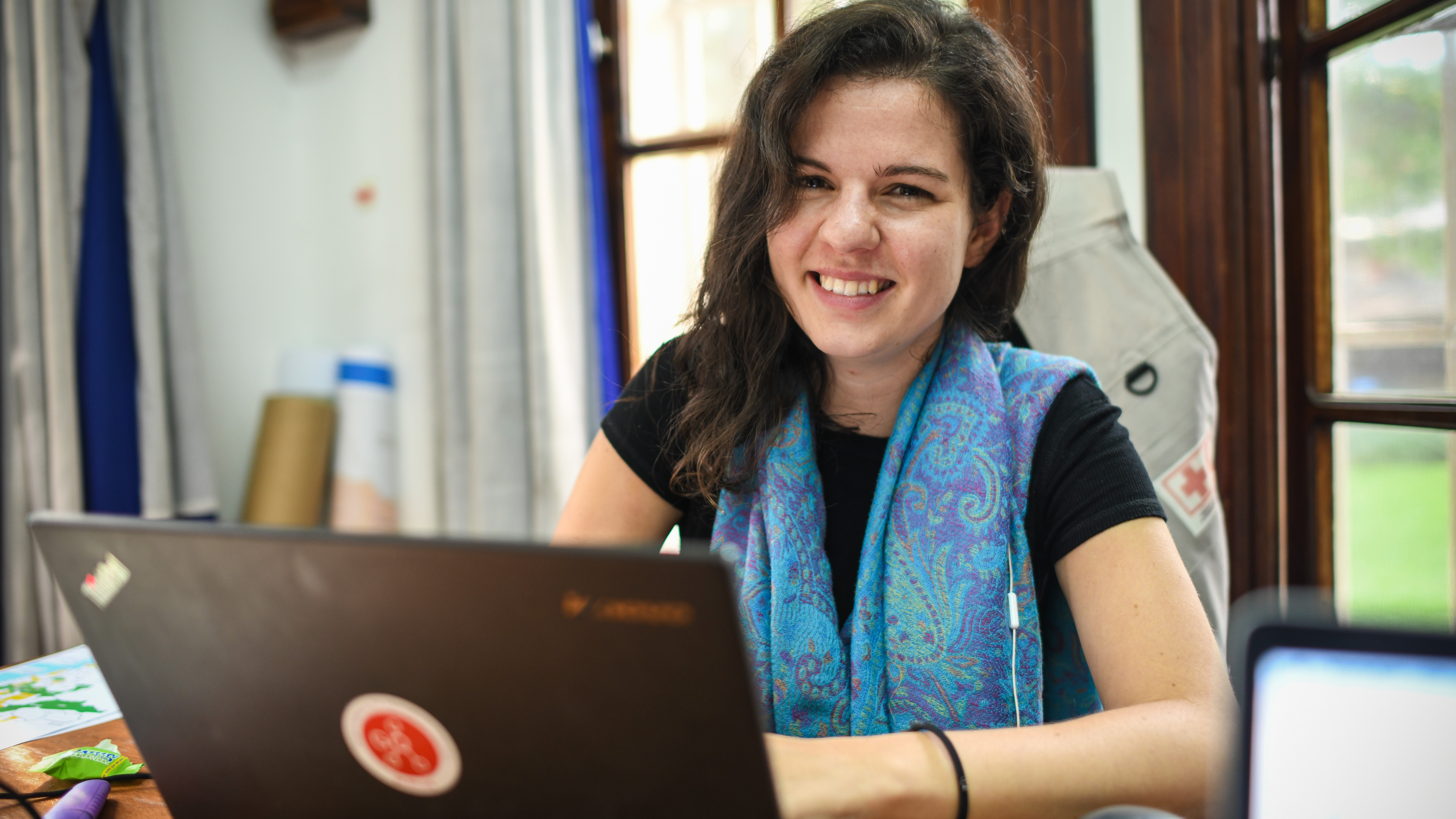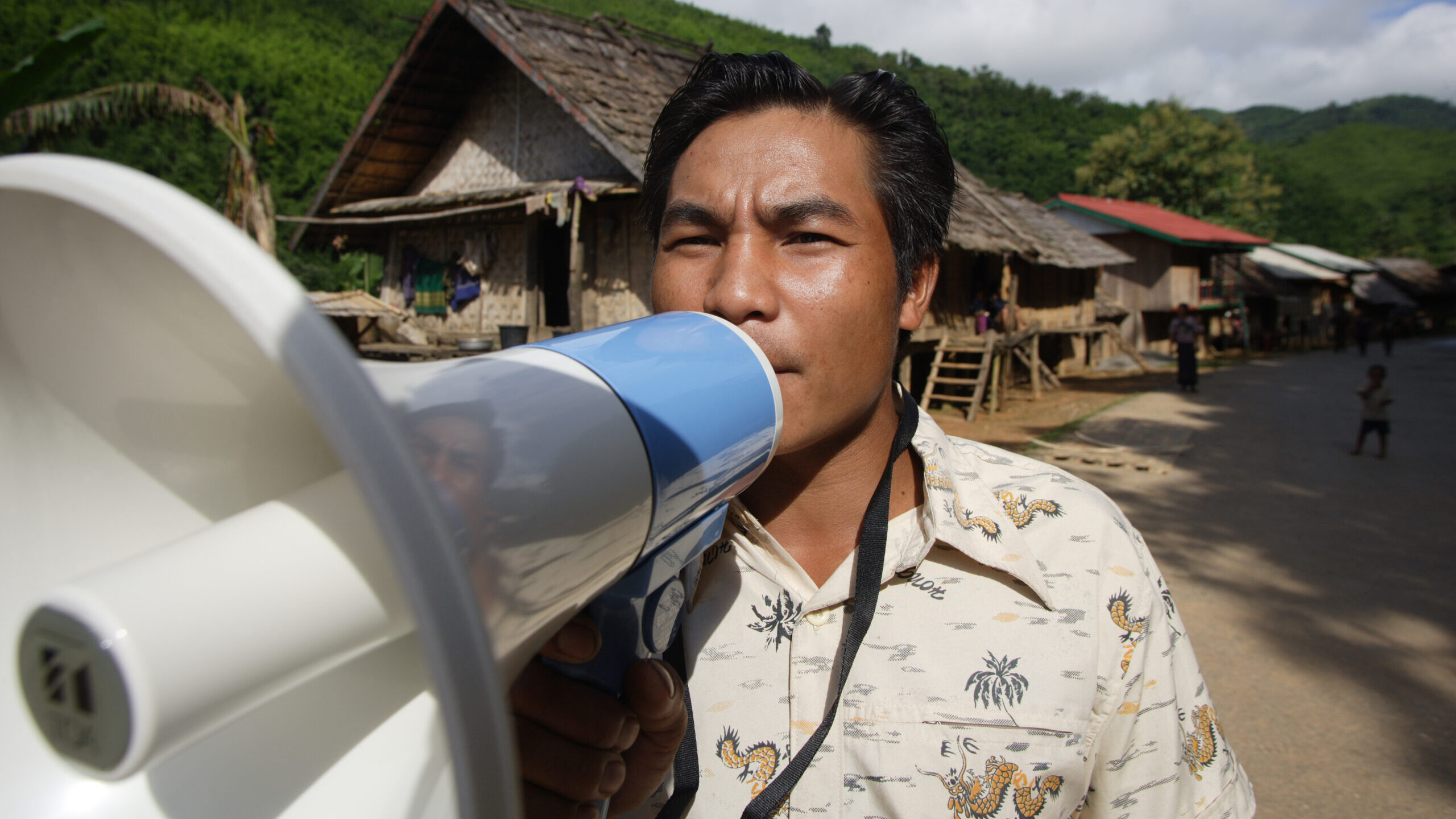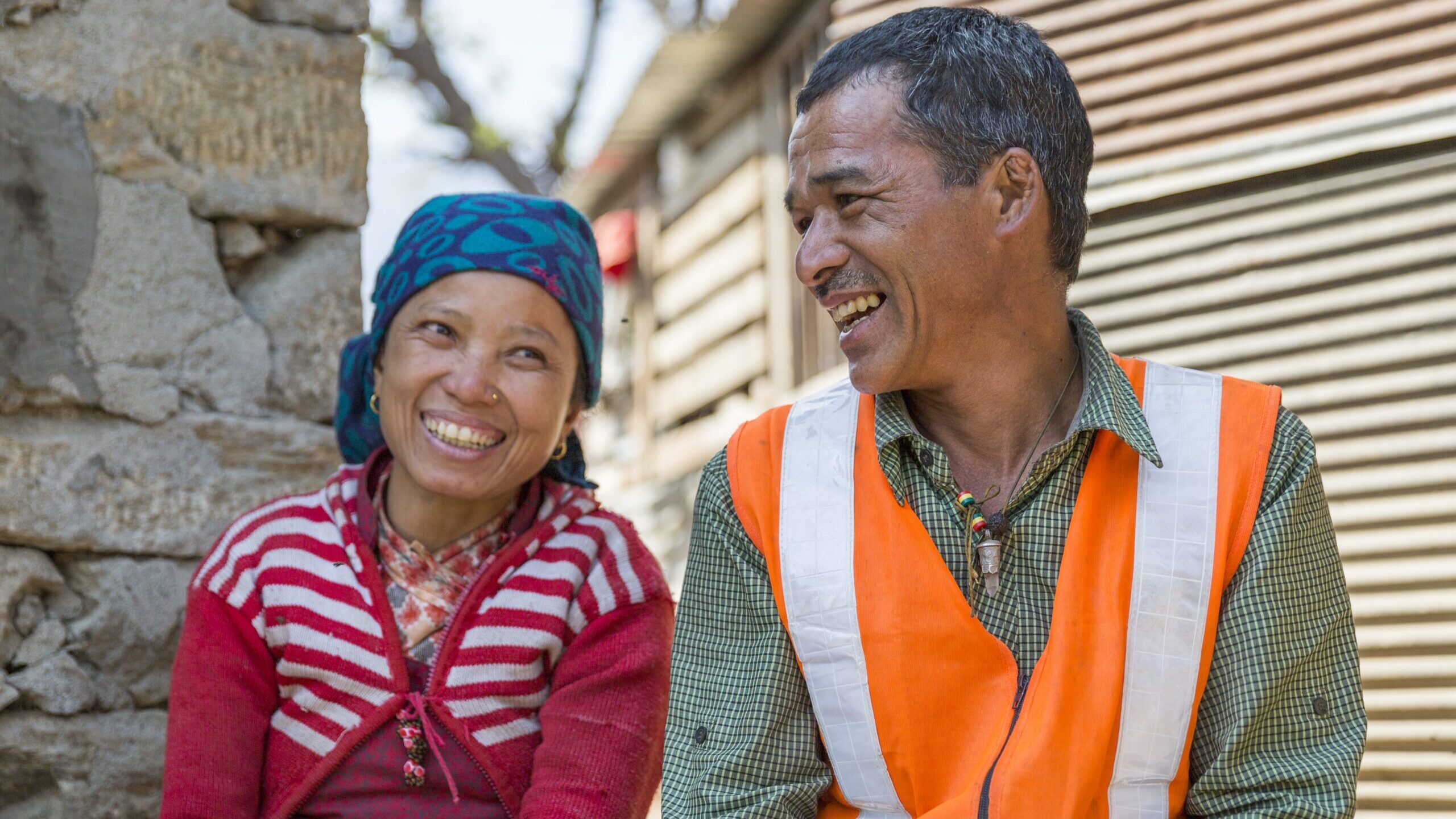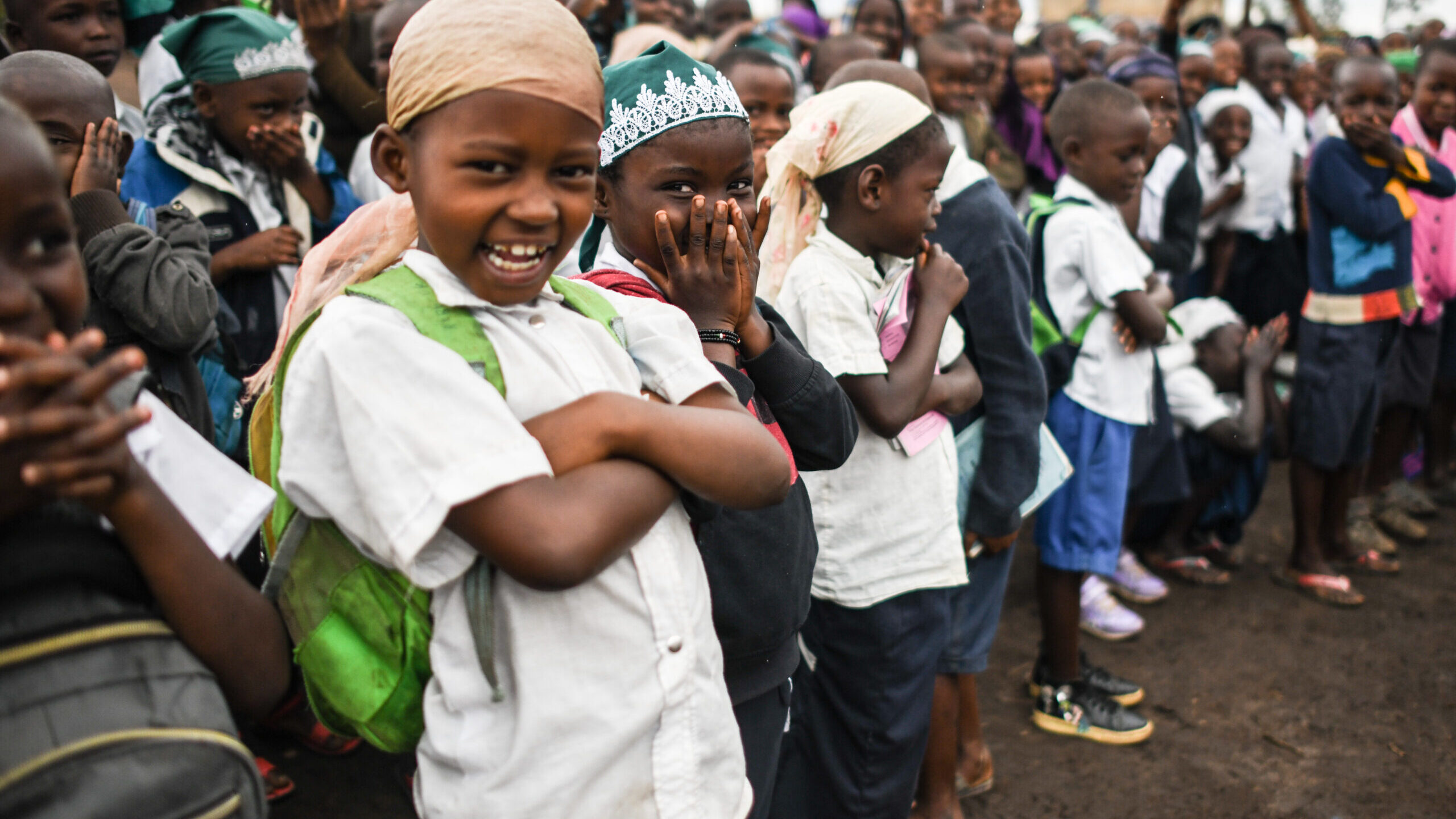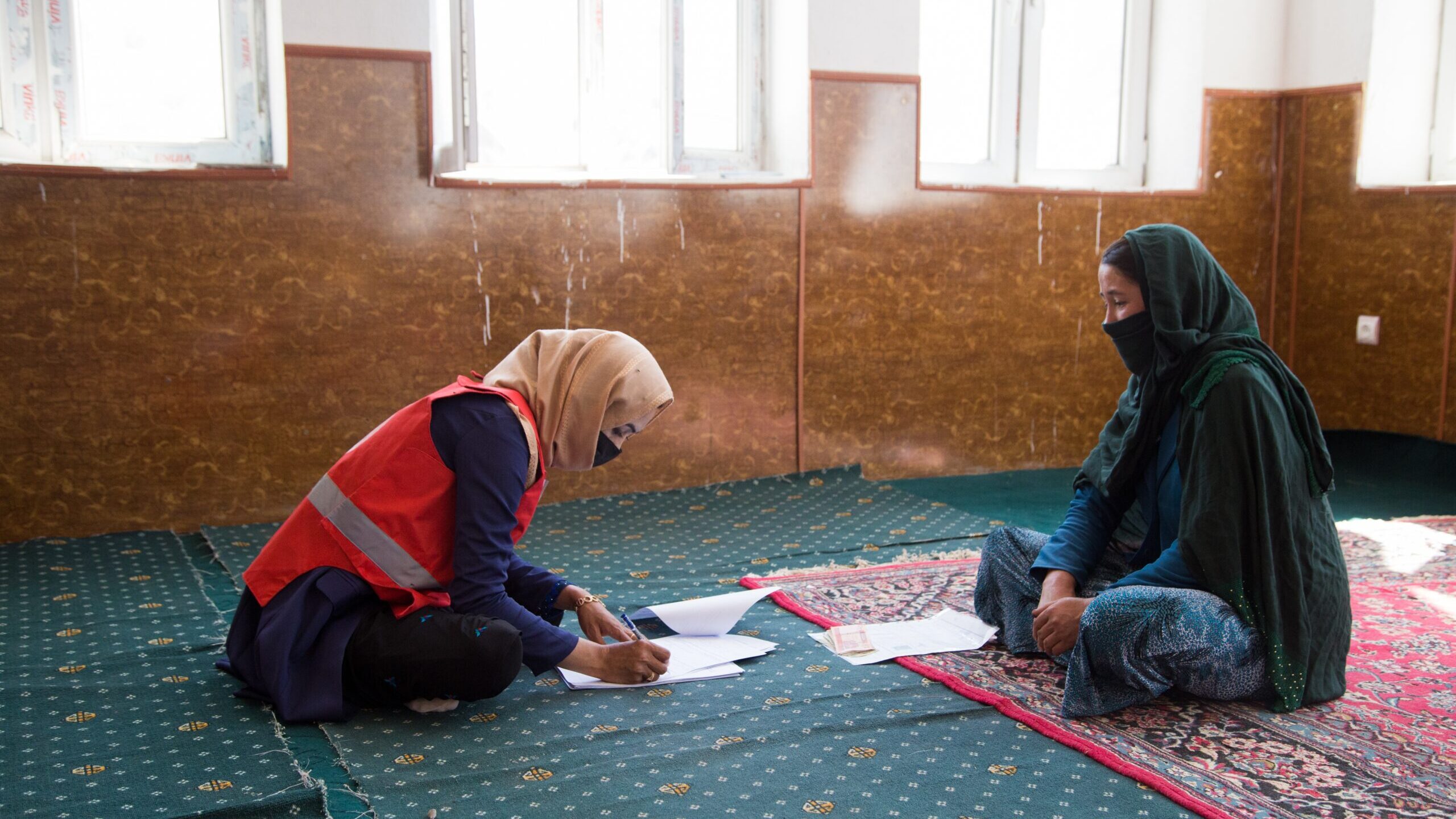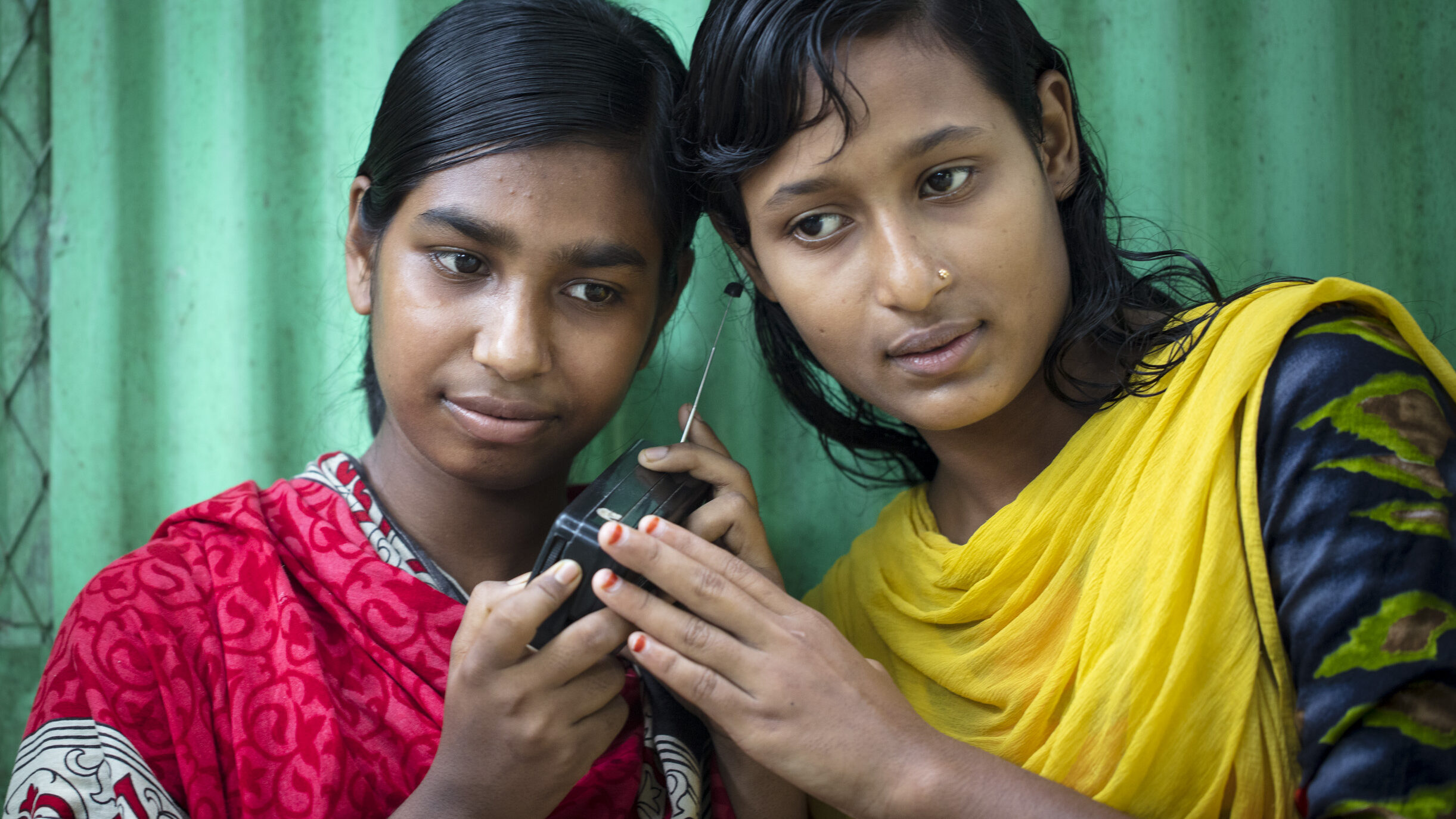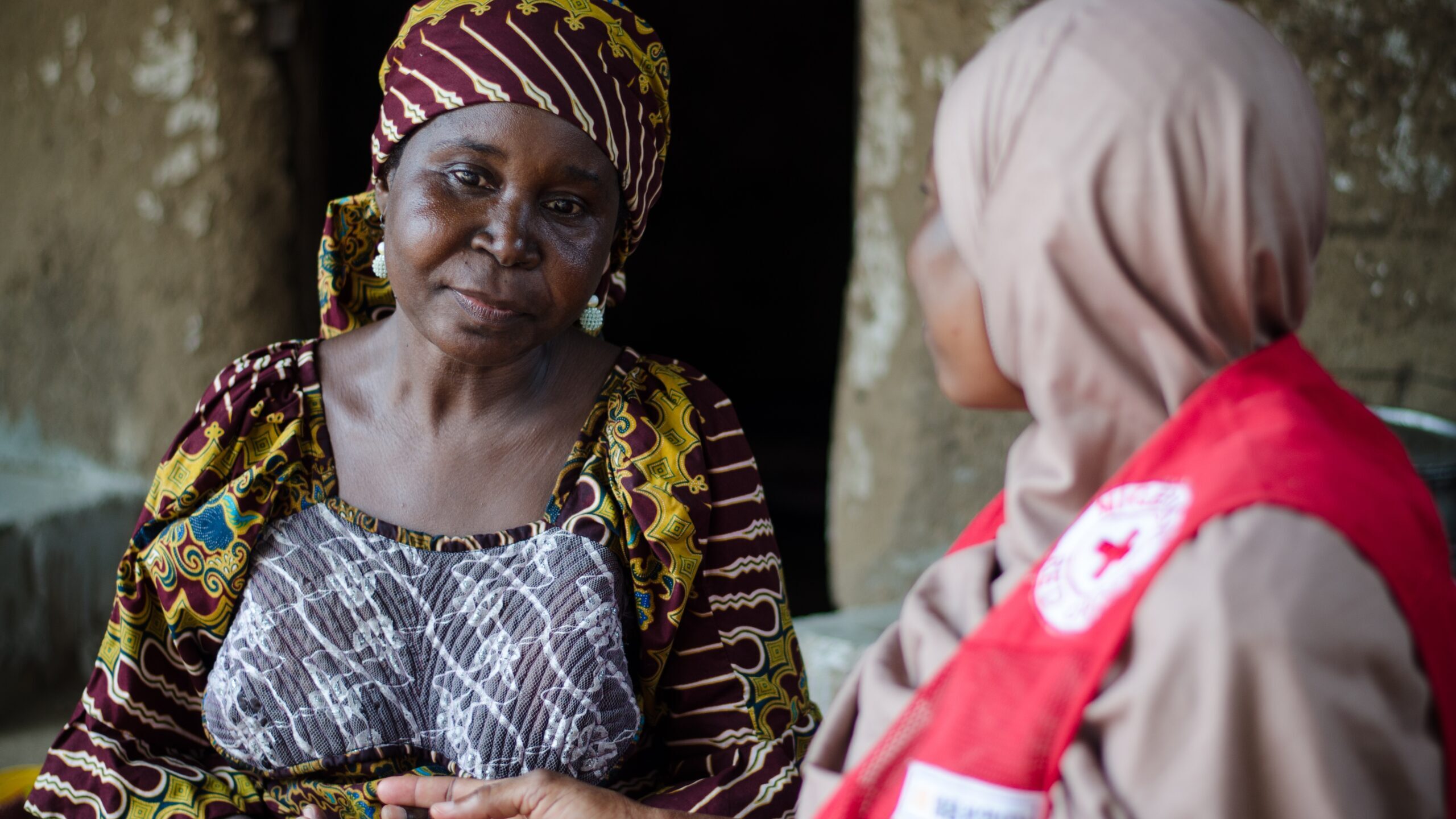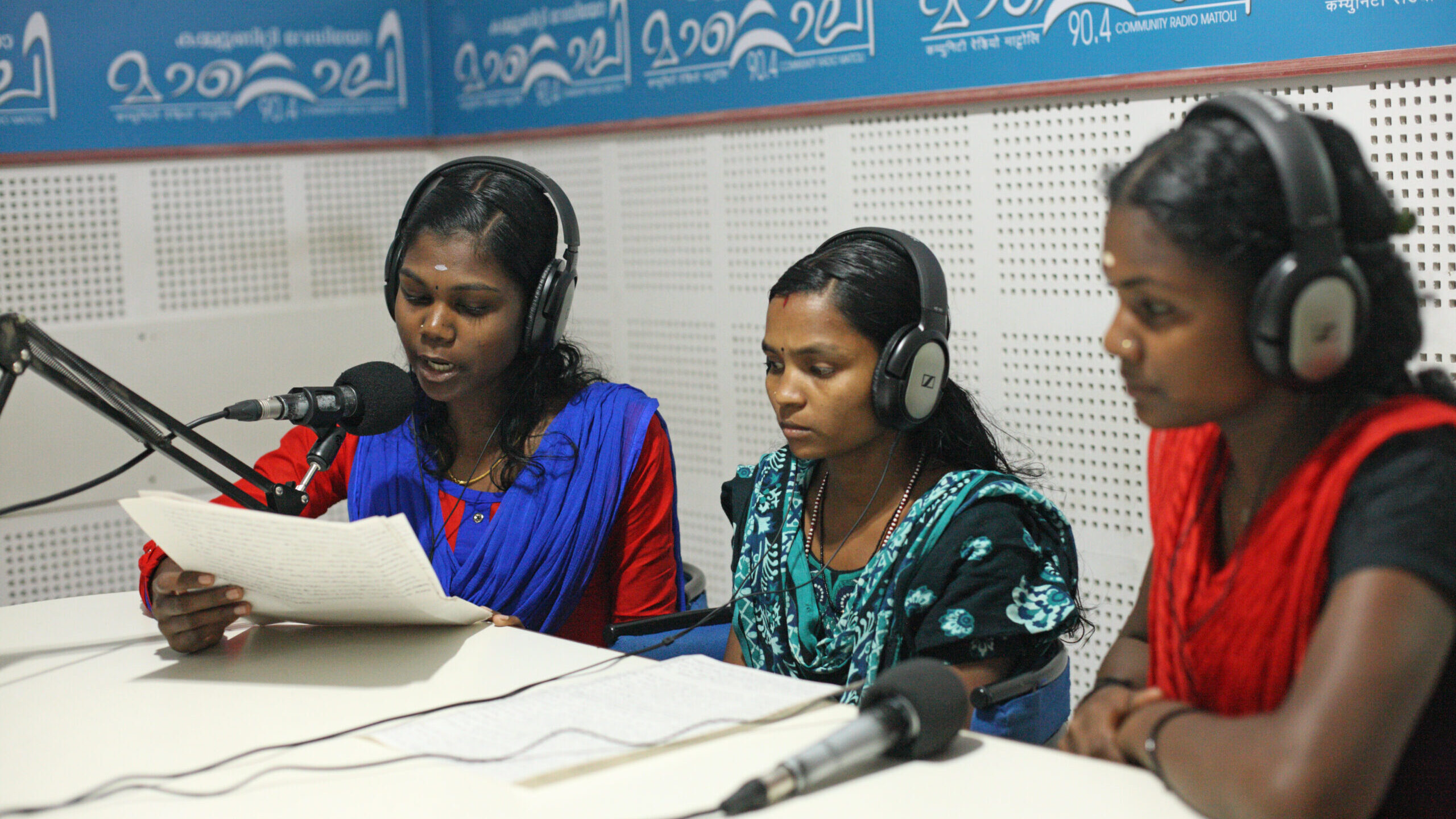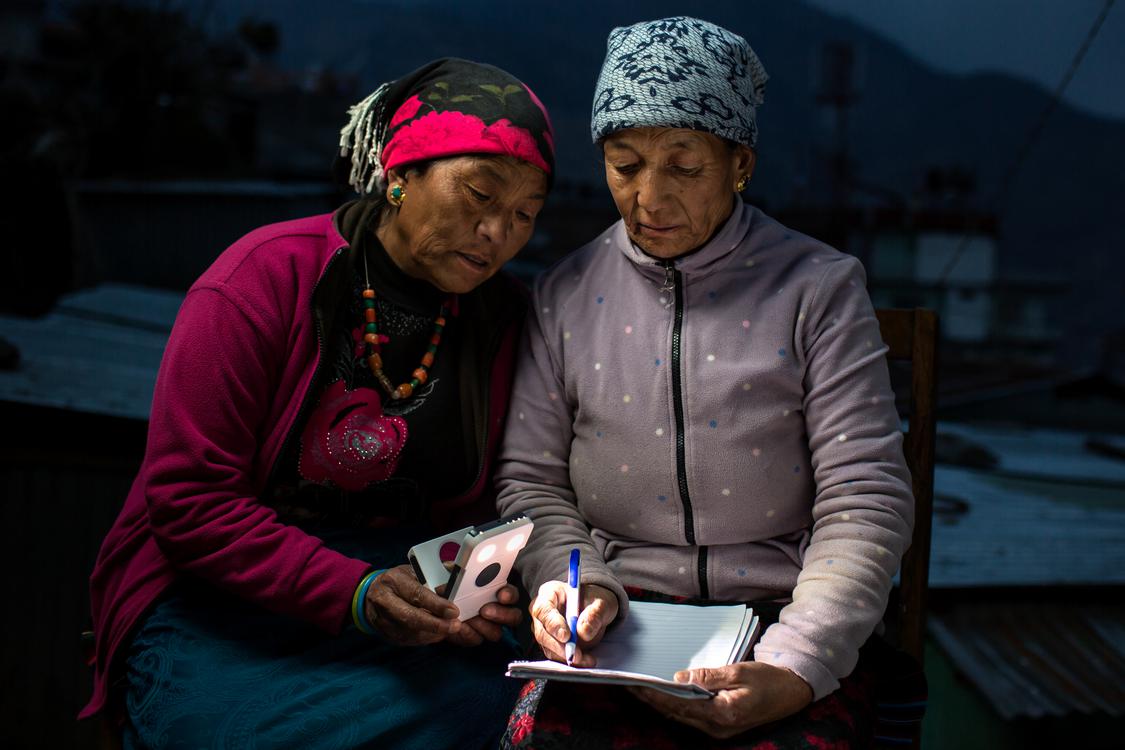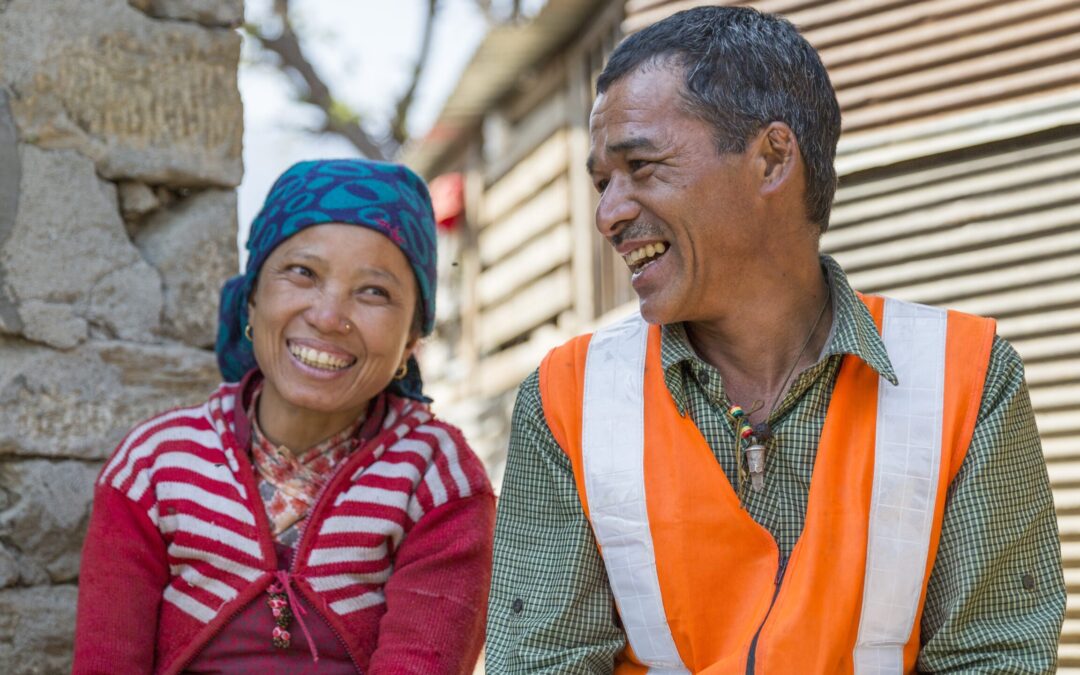
Oct 17, 2022 | Uncategorized
In this module
This module contains four sessions: 1) introducing the importance of understanding social context and recognizing strengths and resiliencies of affected communities (Session 2.1), 2) identifying the drivers and barriers to the uptake of behaviours critical to the response (Session 2.2), 3) discussing rapid strategies for uncovering social determinants and other local contextual factors for understanding and overcoming vulnerabilities of specific population groups (Session 2.3), and 4) highlighting the importance of language in social science research (Session 2.4).
Understanding context, vulnerability and inequality in public health and humanitarian emergencies
Content
This session introduces the idea that it is important to understand broad social context in order to understand vulnerability and inequality. It also highlights the importance of recognizing the strengths and resiliencies of affected communities, to better design and implement emergency response.
Learning outcomes:
- Understand the concept of ‘vulnerability’ and how vulnerable groups are affected differently during crises
- Be familiar with how context, including the political economy and cultural and social norms, can influence vulnerability
- Recognize the value of contextual knowledge to emergency response
Duration: 100 minutes
Understanding behaviour in humanitarian/emergency response: Modules and theories
Content
This session discusses how to understand and identify the drivers and barriers to the uptake of behaviours critical to the response to humanitarian action.
Learning outcomes:
- Become familiar with decision-making and behavioural theories/models, e.g. Behavioural Drivers Model
Duration: 105 minutes
Rapid strategies to understand the political, sociocultural and economic factors that increase vulnerability
Content
This session discusses rapid strategies to establish and deepen participants’ understanding of social determinants, risk perceptions, historical, political, sociocultural and economic context to overcome vulnerabilities of specific population groups.
Learning outcomes:
- Gain familiarity with additional social science tools (e.g. Rapid Remote Context Analysis Tool, Rapid Anthropological Assessment in the Field) that can be used and adapted to identify inequalities and vulnerabilities
- Be able to initiate a rapid context analysis to identify inequalities and vulnerable groups within a specific community
- Gain familiarity with approaches to vulnerability assessment
- Know how to conduct a power analysis
Duration: 90 minutes
Understanding the importance of language in social science research
Content
This session discusses the significance of language in social science research in humanitarian action with a focus on community engagement and/or communications activities.
Learning outcomes:
- Become familiar with the basic language challenges in social science research
- Understand the risks of conducting social science research which is not language-sensitive
- Understand how social sciences can support community engagement and/or communications activities through language-sensitive research
Duration: 90 minutes
The training modules were developed to address key social science competency domains for those working in community engagement and/or communications related fields. Each module is made up of multiple sessions. Each individual session has a specific focus and learning outcome, which relates directly to the competency statement developed for each domain.
9
Global Coordinator
The Collective Service
Acknowledgement
Development of this training package was led by Anthrologica for the Collective Service. The content was co-produced with partners from the Social Science in Humanitarian Action Platform (SSHAP), the Institute of Development Studies (IDS), Translators Without Borders (TWB), Médecins Sans Frontières (MSF), London School of Hygiene and Tropical Medicine (LSHTM), the International Federation of Red Cross and Red Crescent Societies (IFRC), the Rapid Research Evaluation and Appraisal Lab (RREAL) at University College London (UCL), UNICEF’s Social Science Analytics Cell (CASS), UNICEF’s Social Science for Community Engagement (SS4CE) team, the Centers for Disease Control (CDC), Oxfam and READY at Johns Hopkins University (JHU). Sincere thanks are also extended to the United Nations Volunteers (UNVs) who assisted with reviewing translated materials.
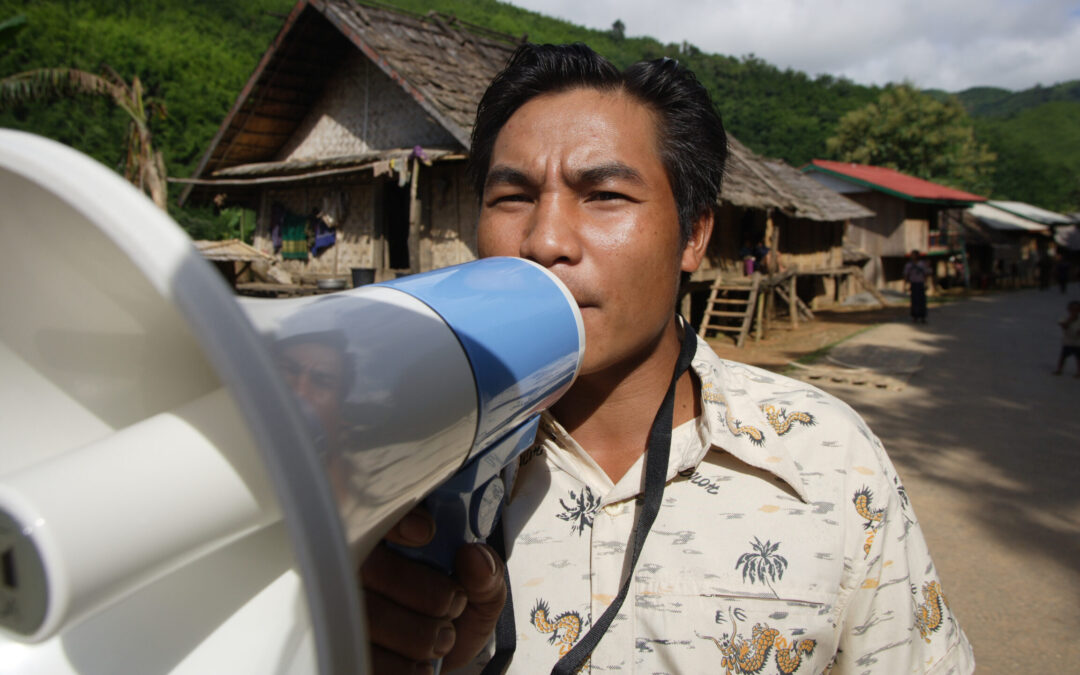
Oct 17, 2022 | Uncategorized
In this module
This module contains three sessions discussing: 1) the value and the role of social science research in humanitarian action (Session 1.1), 2) defining operational social science, including how it can be used in settings where rapid insights are needed and how these insights fit into an emergency response cycle (Session 1.2), and 3) the value of social science research with a focus on community engagement and communication activities (Session 1.3).
Introduction to social science – definition, approaches and role in humanitarian action
Content
This session discusses the value and the role of social science research in humanitarian action with a focus on community engagement and communications activities.
Learning outcomes:
- Understand why it is important to include social science as part of emergency response
- Understand how social sciences can support the design, delivery and continuous adjustment
of community engagement and/or communication activities and wider response action
Duration: 135 minutes max
Operational social science research in the humanitarian/emergency response cycle
Content
This session defines operational social science and how it can be used in settings where research
is time-sensitive. It also explains where it fits within the humanitarian/emergency response cycle.
Learning outcomes:
- Become familiar with the definition of operational social science and why it is important when evidence is needed urgently
- Understand where the generation of quality operational social science research fits in the humanitarian/emergency response cycle
Duration: 80 minutes max
Advocating for the inclusion of social science in emergency response activities that engage communities
Content
This session discusses the value and the role of social science research in humanitarian action with a focus on community engagement and communications activities.
Learning outcomes:
- Become familiar with the definition of operational social science and why it is important when evidence is needed urgently
- Understand where the generation of quality operational social science research fits in the humanitarian/emergency response cycle
Duration: 80 minutes max
The training modules were developed to address key social science competency domains for those working in community engagement and/or communications related fields. Each module is made up of multiple sessions. Each individual session has a specific focus and learning outcome, which relates directly to the competency statement developed for each domain.
9
Global Coordinator
The Collective Service
Acknowledgement
Development of this training package was led by Anthrologica for the Collective Service. The content was co-produced with partners from the Social Science in Humanitarian Action Platform (SSHAP), the Institute of Development Studies (IDS), Translators Without Borders (TWB), Médecins Sans Frontières (MSF), London School of Hygiene and Tropical Medicine (LSHTM), the International Federation of Red Cross and Red Crescent Societies (IFRC), the Rapid Research Evaluation and Appraisal Lab (RREAL) at University College London (UCL), UNICEF’s Social Science Analytics Cell (CASS), UNICEF’s Social Science for Community Engagement (SS4CE) team, the Centers for Disease Control (CDC), Oxfam and READY at Johns Hopkins University (JHU). Sincere thanks are also extended to the United Nations Volunteers (UNVs) who assisted with reviewing translated materials.
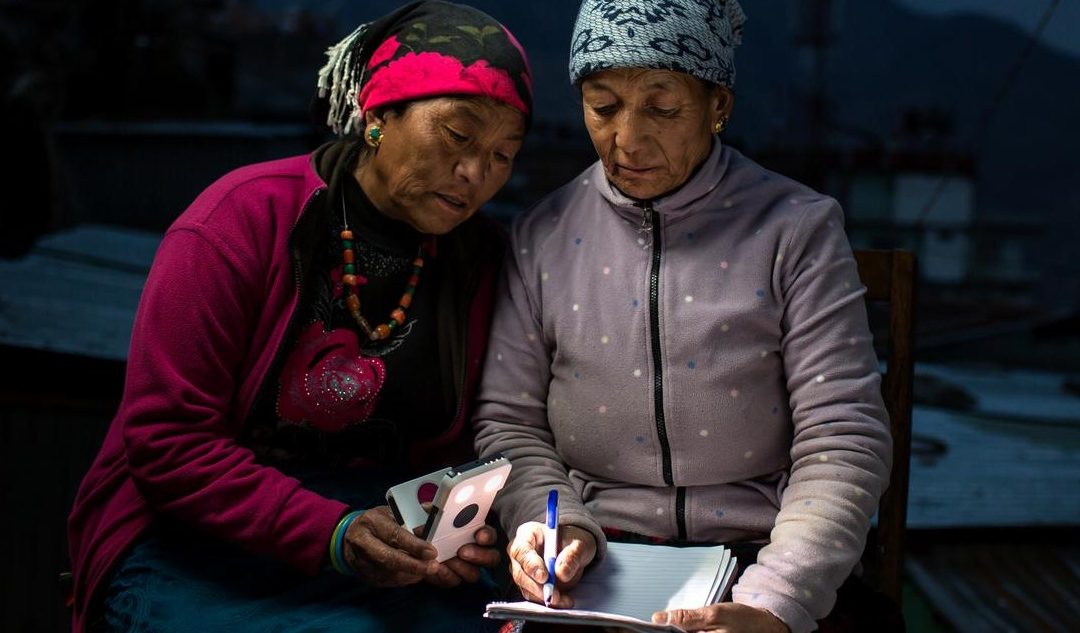
Oct 17, 2022 | Uncategorized
In this module
All training materials are geared towards skilled facilitators to deliver content in an (online or offline) group setting. The training modules were developed to address 7 key competency domains for those working in community engagement and/or communications related fields, and who aim to utilise social science as part of an emergency response or in preparation for future crisis. The 7 modules within this training package are based upon these 7 key competencies. Each module is made up of multiple sessions (27 in total) with each individual session having a specific focus and learning outcome relating directly to the competency statement developed for each domain. Each session has a ‘Facilitator Guide’ which provides a detailed guide for delivering the training, and a ‘Facilitator PowerPoint’ presentation which summarizes content presented in the guide. Most sessions contain additional Handouts, ‘dummy’ data for practicing data collection and analysis skills, and other materials relevant to the session.
Content
It is highly recommended that anyone utilizing this training package, first go through all materials within Module 0. Each of the documents provided here form an important step towards adapting and delivering the social science training package to achieve your organization priorities and fulfill the needs of individual learners:
- Review a concise (2-page) overview of what is included in the package and how it can be used to assist with achieving your organization priorities for emergency preparedness and/or response.
- Learn how to assess social science and social behaviour change capacities within your institution to design training activities which are reflective of organizational priorities, needs, and current and future (anticipated) capacities.
- Understand the core competencies each training modules seeks to build to ensure these align with organizational priorities and inform the selection of trainers to facilitate delivery of quality sessions.
- Engage selected trainees (either individually or under the guidance of trainer) to take a learning needs assessment to determine which of the training modules and sessions are recommended for building desired knowledge, skills and attitudes of direct relevance to their job performance.
- Review the guidance note in order to benefit from key tips on how to best position the training (including recommended facilitator and trainee characteristics), how session content can/should be adapted for local audiences, and to access sample training agendas.
The training modules were developed to address key social science competency domains for those working in community engagement and/or communications related fields. Each module is made up of multiple sessions. Each individual session has a specific focus and learning outcome, which relates directly to the competency statement developed for each domain.
9
Global Coordinator
The Collective Service
Acknowledgement
Development of this training package was led by Anthrologica for the Collective Service. The content was co-produced with partners from the Social Science in Humanitarian Action Platform (SSHAP), the Institute of Development Studies (IDS), Translators Without Borders (TWB), Médecins Sans Frontières (MSF), London School of Hygiene and Tropical Medicine (LSHTM), the International Federation of Red Cross and Red Crescent Societies (IFRC), the Rapid Research Evaluation and Appraisal Lab (RREAL) at University College London (UCL), UNICEF’s Social Science Analytics Cell (CASS), UNICEF’s Social Science for Community Engagement (SS4CE) team, the Centers for Disease Control (CDC), Oxfam and READY at Johns Hopkins University (JHU). Sincere thanks are also extended to the United Nations Volunteers (UNVs) who assisted with reviewing translated materials.

Dec 8, 2021 | Uncategorized
The Collective Service (CS) seeks to reinforce capacity and local solutions to humanitarian emergencies through mentoring, technical support and resource sharing with local actors and national and subnational governments.
People working in community engagement and/or communications related fields face several limitations to the effective integration of social science in health emergency interventions and policymaking. There are gaps in terms of knowledge and capacity to produce and use operational social science research in humanitarian and health emergency contexts.
This training package was developed to address these gaps by providing a set of modules with practical and detailed guidance for facilitators to adapt and use at the local level.
To equip with the knowledge to commission and/or design and implement operational social science research which can generate robust, rigorous and context-relevant socio-behavioural evidence.
To provide with the capacity to access, assess and make sense of, evaluate, and synthesize existing socio-behavioural evidence relevant to work.
To strengthen the ability to use socio-behavioural evidence to inform and adapt activities and other broader decision-making during humanitarian crises.
Across the training package, the modules and sessions address one or more of these key questions in the social science research process.
-
- What information is needed?
- Who need this information?
- Does this information already exist? Is there a related needs assessment or study?
- What methodology and tools should be used to collect and analyse this information?
- How to ensure that this information goes back to communities? To inform community-level actions and decision-making of the broader response?
- How to ensure that the information is used to make operational and/or strategic decisions?
- How to track the information used to ensure that it effectively contributes to operational and strategic priorities?
Development of this training package was led by Anthrologica for the Collective Service. The content was co-produced with partners from the Social Science in Humanitarian Action Platform (SSHAP), the Institute of Development Studies (IDS), Translators Without Borders (TWB), Médecins Sans Frontières (MSF), London School of Hygiene and Tropical Medicine (LSHTM), the International Federation of Red Cross and Red Crescent Societies (IFRC), the Rapid Research Evaluation and Appraisal Lab (RREAL) at University College London (UCL), UNICEF’s Social Science Analytics Cell (CASS), UNICEF’s Social Science for Community Engagement (SS4CE) team, the Centers for Disease Control (CDC), Oxfam and READY at Johns Hopkins University (JHU). Sincere thanks are also extended to the United Nations Volunteers (UNVs) who assisted with reviewing translated materials.
Training modules and sessions
The training modules were developed to address key social science competency domains for those working in community engagement and/or communications related fields. Each module is made up of multiple sessions. Each individual session has a specific focus and learning outcome, which relates directly to the competency statement developed for each domain.
1. Social science in humanitarian action and health emergencies
2. Context analysis and behavioural drivers and barriers
3. Ethics in operational research
4. Implementation of social science research approaches
5. Evidence synthesis, interpretation and dissemination
6. Translating knowledge to action
7. Tracking the uptake of socio-behavioural evidence

